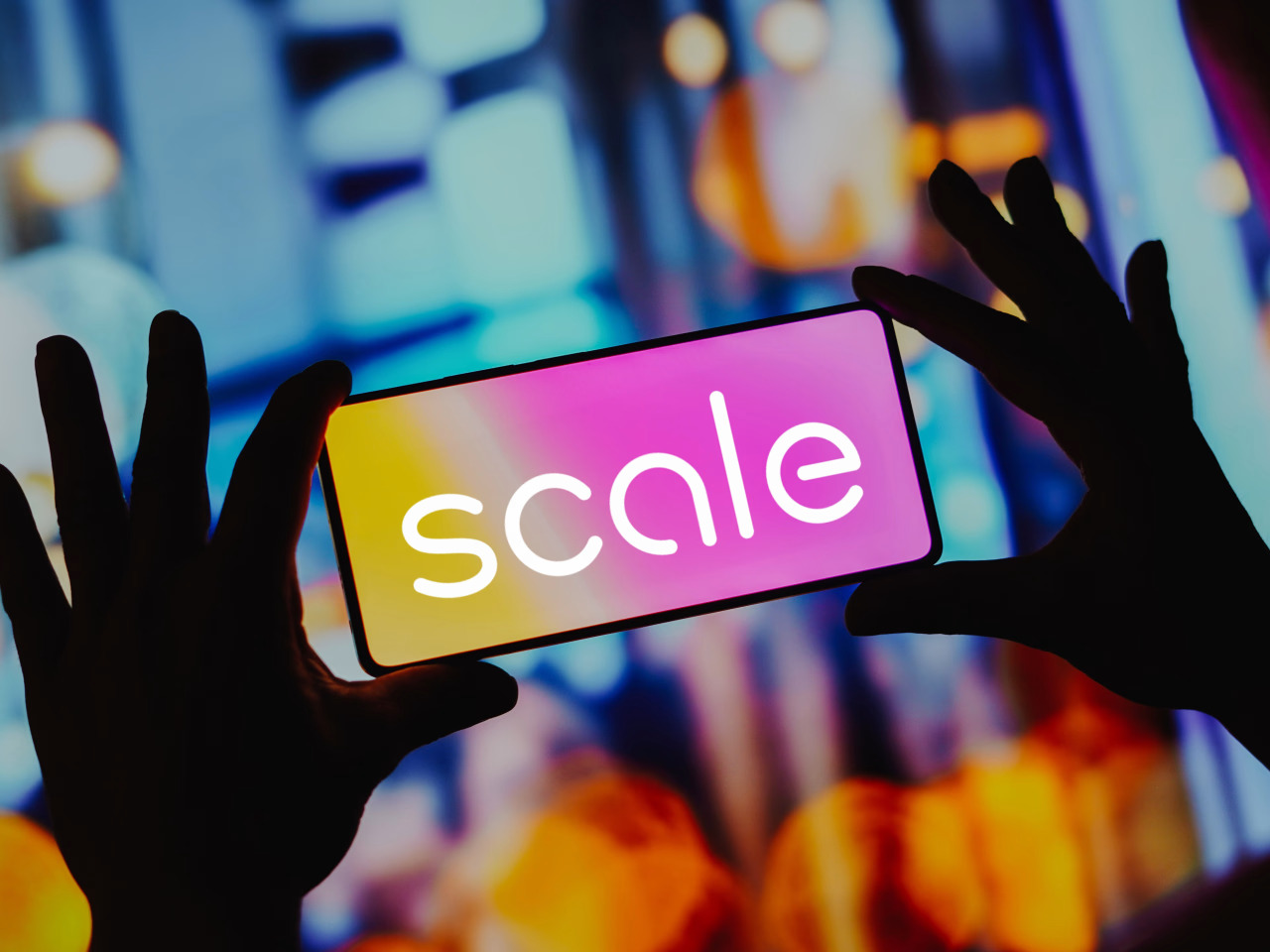Meta Platforms (META.O) is poised to make a landmark investment exceeding $10 billion in Scale AI, a San Francisco-based startup specializing in AI data labeling, according to a Bloomberg News report on June 8. The deal, which could rank among the largest private funding events ever, underscores Meta’s ambition to dominate the AI landscape. While terms remain unfinalized, the investment would bolster Scale AI, valued at nearly $14 billion in 2024, and cement its role as a key player in AI development.
Founded in 2016 by 28-year-old Alexandr Wang, Scale AI provides critical data-labeling services that power AI models for tech giants like Meta, Nvidia, and Amazon. Its platform also facilitates AI research collaboration across over 9,000 global communities. Wang, a rising star in tech, recently testified before Congress, advocating for a national AI data reserve and streamlined regulations to maintain U.S. leadership in AI. “The U.S. needs to act decisively to stay ahead,” Wang told lawmakers in April, earning praise from Representative Neal Dunn (R-Fla.).
Scale AI’s expertise in data is vital for training sophisticated AI models, a process Wang describes as an “inflection point” for the industry. Meta’s investment signals confidence in Scale’s ability to shape AI’s future, particularly as demand for high-quality data grows. A source familiar with Scale’s operations noted the company is increasingly hiring experts like PhDs and nurses to refine complex AI applications, further enhancing its market position.
Parallel to this investment, Meta is revolutionizing digital advertising with AI-driven tools set to launch by 2026. According to The Wall Street Journal, these tools will enable businesses to fully automate ad creation and targeting, potentially disrupting traditional advertising agencies. Meta CEO Mark Zuckerberg recently described this as a “redefinition of advertising,” emphasizing that businesses may no longer need extensive creative or analytical support. “You just need to read the results we provide,” Zuckerberg said in a May 2025 interview.
This shift has sparked debate in the advertising industry. While Meta claims its tools will primarily serve small businesses, industry leaders fear widespread job cuts. “AI will disintermediate many roles, especially in production,” said an anonymous ad agency CEO, speaking to The Guardian. WPP, a global advertising giant, is investing £300 million annually in AI to stay competitive but faces challenges as clients demand lower fees due to automation. WPP’s outgoing CEO, Mark Read, acknowledged AI’s transformative impact, noting it will “reshape the workforce.”
Despite these concerns, some agency executives remain optimistic. Rachael Datz, executive director at VML, told DIGIDAY that human creativity remains irreplaceable, particularly for high-level strategy. Meta’s own research, conducted with AppsFlyer and Dentsu, supports this, showing that ads with human presence and emotional storytelling achieve a 29% higher conversion rate. Campaigns using Meta’s AI-generated images also saw an 11% higher click-through rate, indicating AI’s potential to complement, not replace, human input.
The broader advertising landscape reflects cautious adaptation. The UK’s advertising market, valued at £45 billion in 2024, employs a record 26,787 people, according to the Institute of Practitioners in Advertising. However, agencies like WPP are planning layoffs as they pivot to AI-driven models. “AI replaces tasks, not jobs,” said WPP’s Stephan Pretorius at a recent industry conference, urging agencies to rethink commercial structures.
Meta’s dual strategy—investing in Scale AI and automating advertising—positions it to challenge both tech rivals and traditional agencies. While Scale AI’s growth could democratize AI innovation, Meta’s ad tools may commoditize creative services, prompting fears of “ad slop” lacking originality. As Patrick Garvey of We Are Pi told The Guardian, “Meta’s approach is the fast food of advertising.” For now, the industry braces for a future where AI amplifies efficiency but tests the limits of human creativity.

